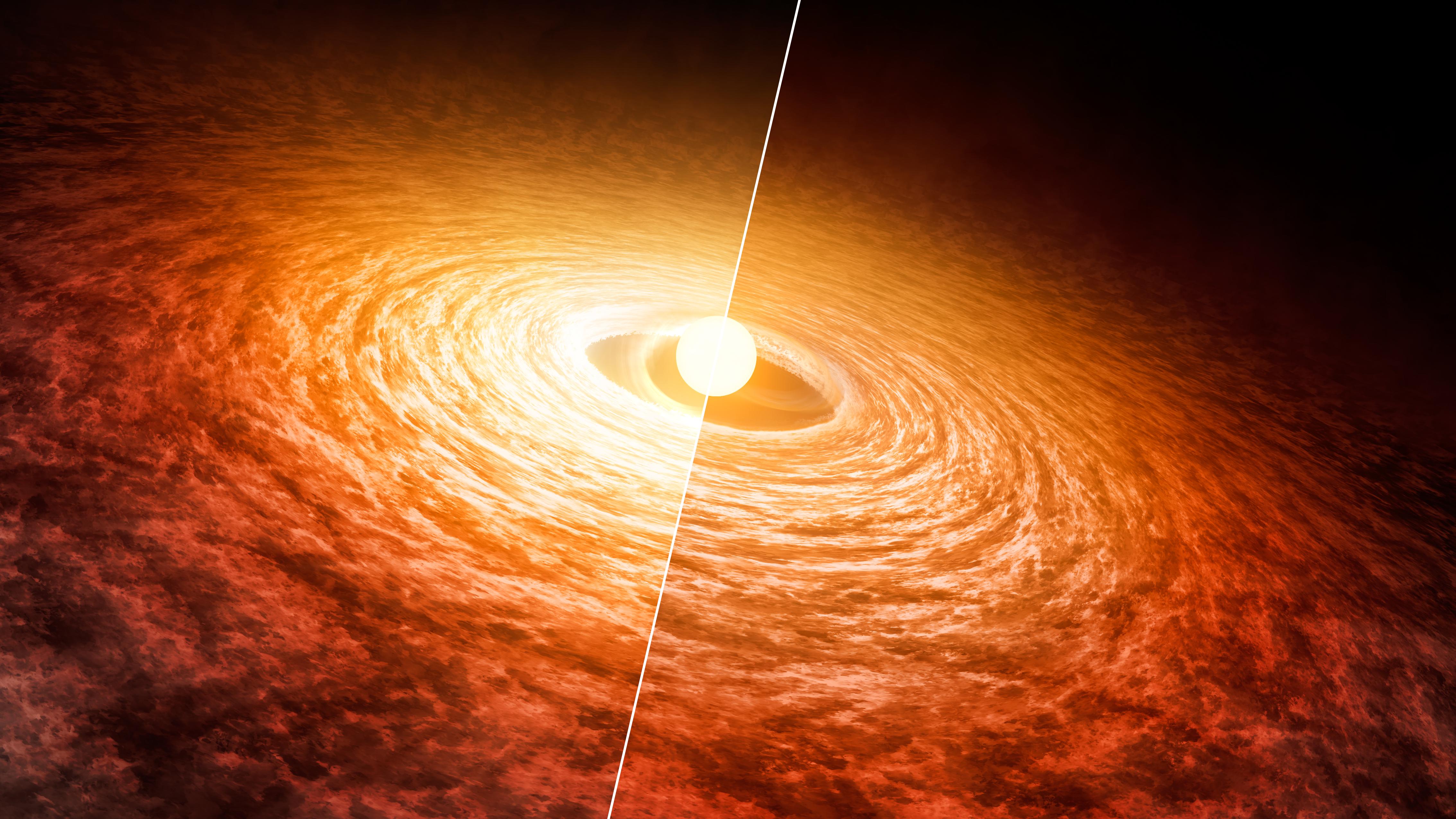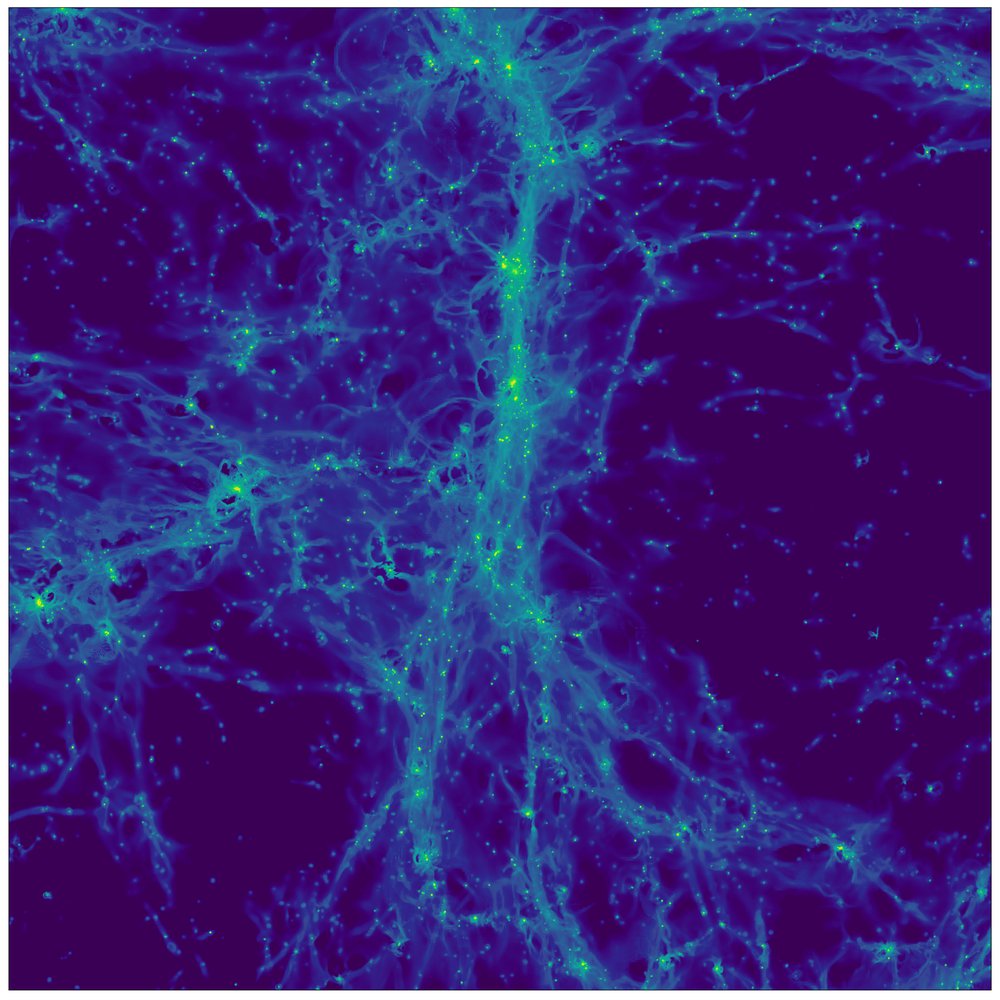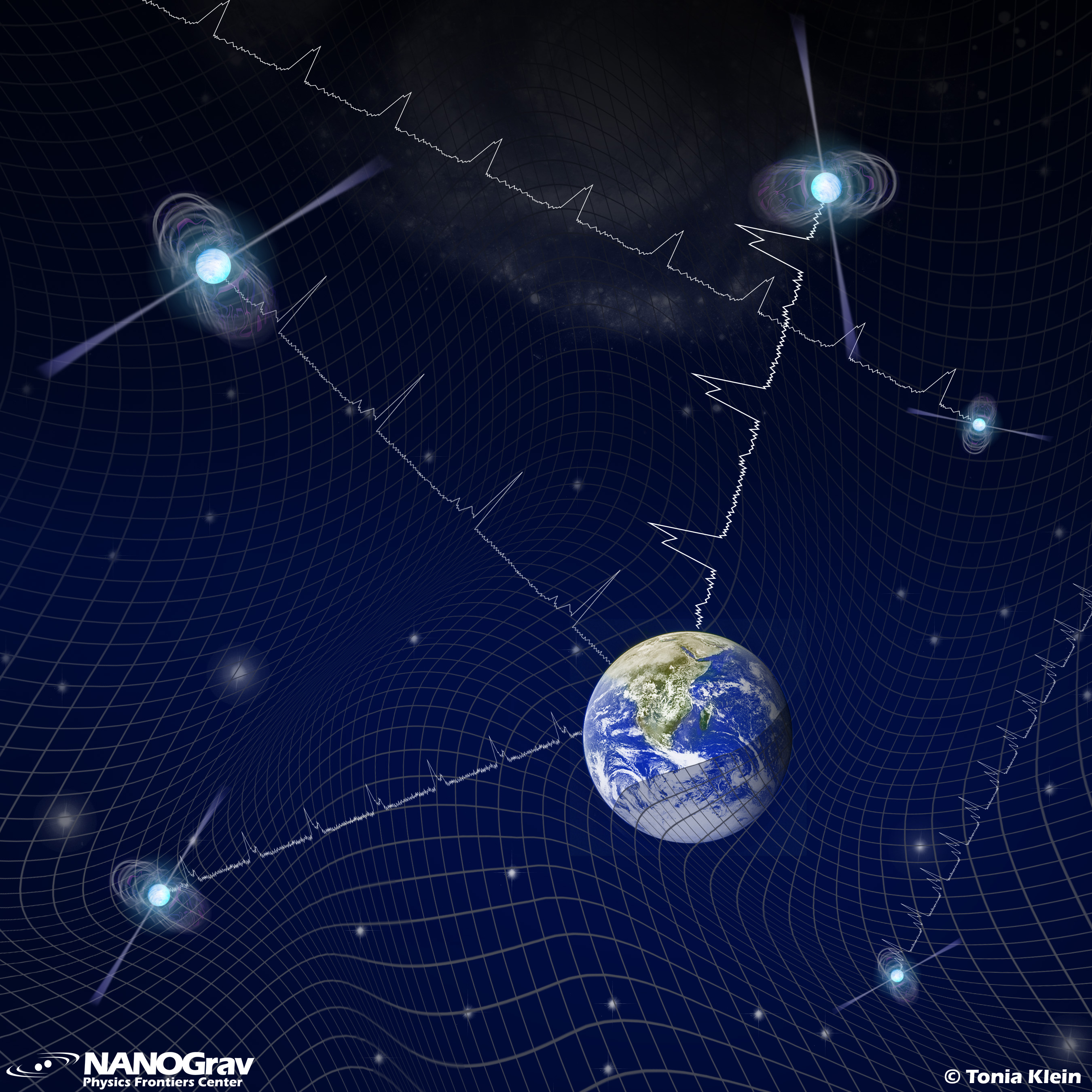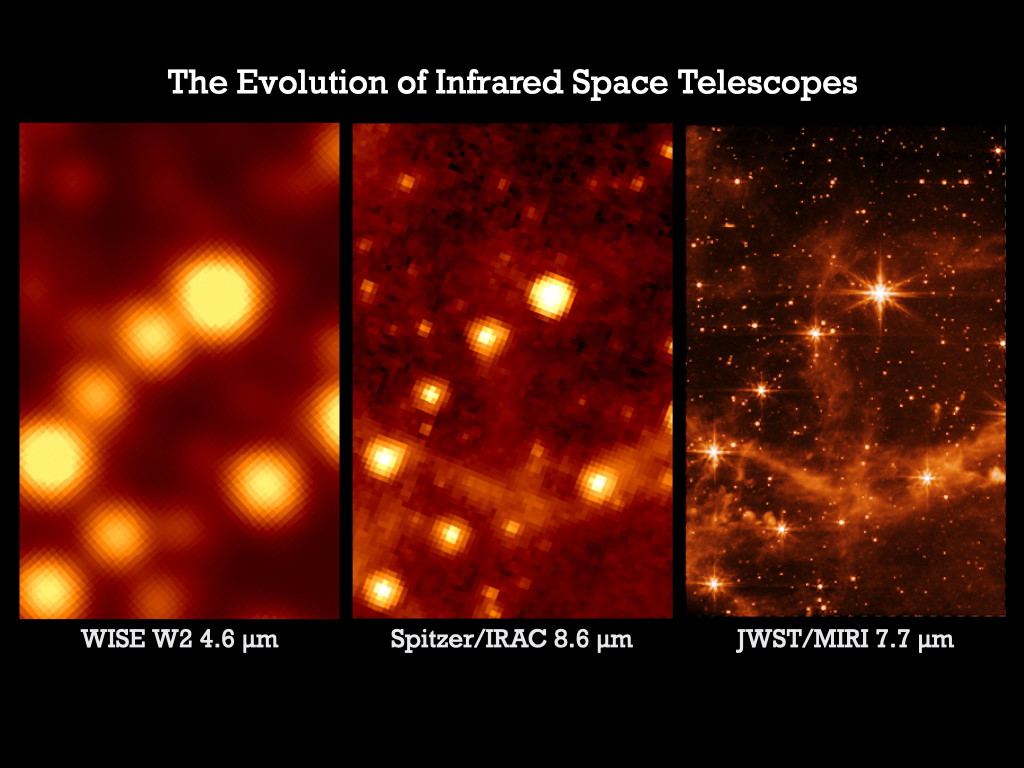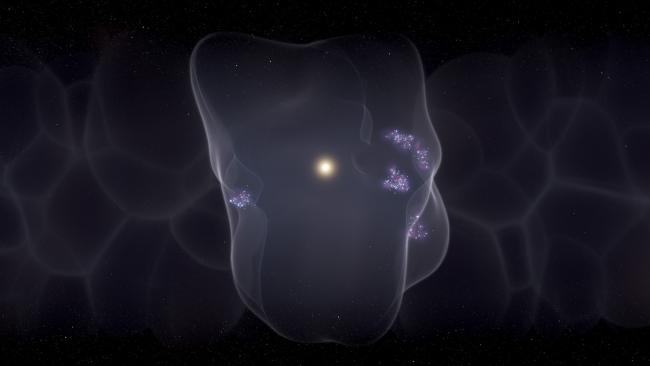Starts With A Bang Podcast #86 – Stars in the Universe
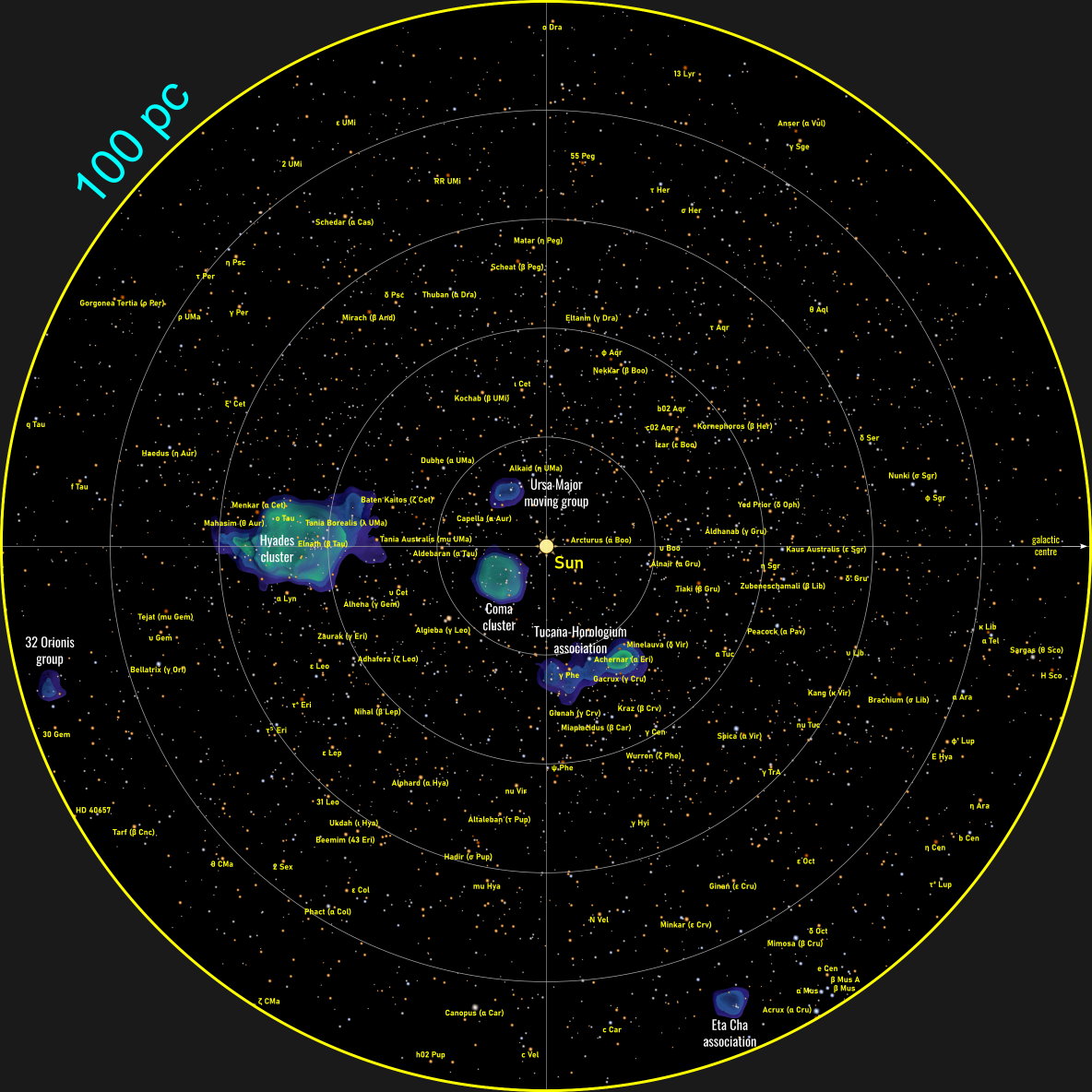
- Although there are trillions of galaxies in the Universe, we’ve only been able to measure individual stars in the nearest few galaxies, and faint stars only in our Milky Way.
- If we want to understand the stars that exist, and what possibilities there are for life, we have to look nearby: at the nearest stars, otherwise we’ll sample a biased population.
- Here’s how we’re coming to understand the opportunities for life and the conditions that exist on planets all over the Universe, simply by looking in our own backyard.
All throughout the Universe, we see stars and galaxies everywhere we look. But as we look to greater and greater distances, we’re only seeing the light that’s the easiest to see: the ones from the brightest, most visible objects. But the most numerous objects of all are exactly the opposite: less luminous, smaller, and lower in mass. How can we hope to find and catalogue them all if they’re the hardest ones to find?
The answer lies in measuring the closest stars to us. If we can measure the stars that persist in our own backyard, cataloguing them and taking as complete a census as possible, we can then combine what else we know about stars and starlight and the environments in which new stars form to reconstruct precisely what we believe is out there: not just here-and-now, but elsewhere and all throughout cosmic time.
Here to bring us up to speed on how this attempt to catalogue and categorize the stars in the Universe, I’m so pleased to welcome PhD candidate at Georgia State University Eliot Vrijmoet to the show, who takes us on a fascinating journey to the edge of our knowledge, and from there we’ll peer over the horizon to what just might come next. Enjoy the latest episode of the Starts With A Bang podcast!
